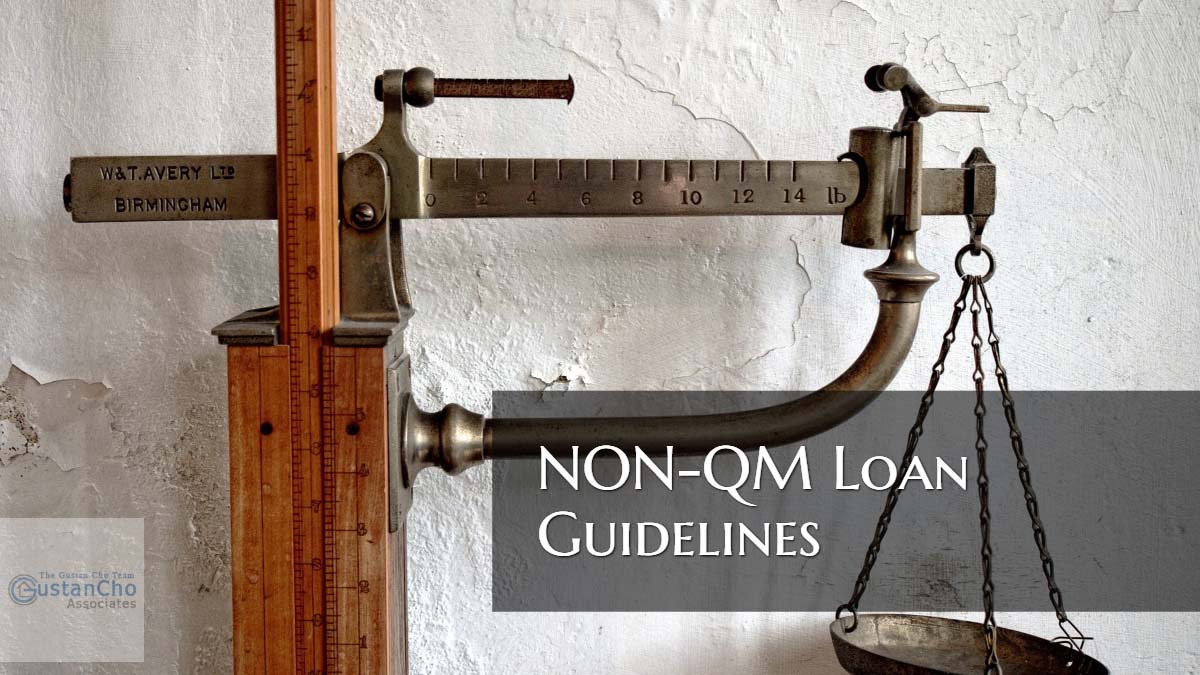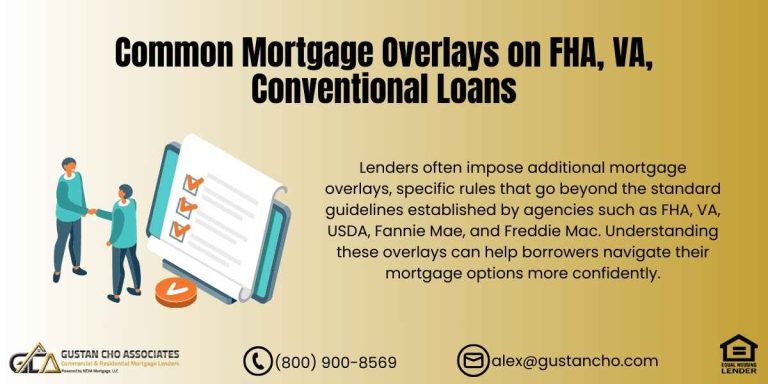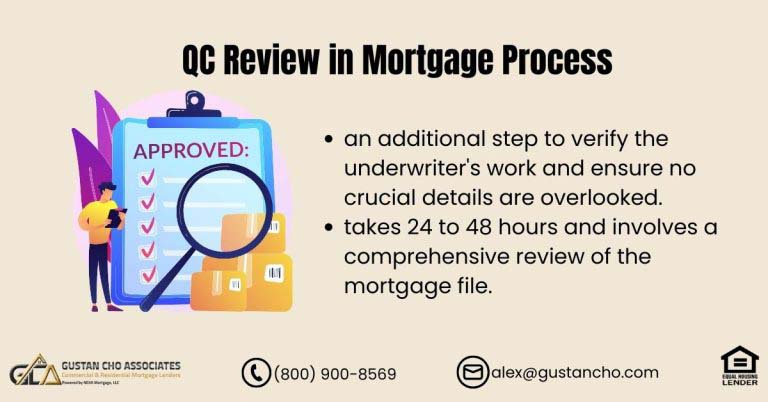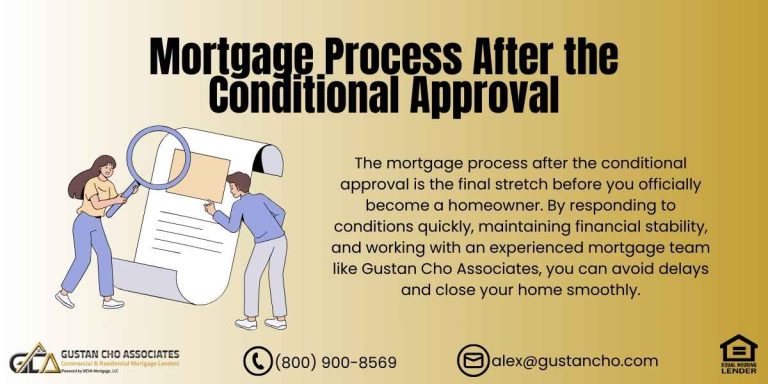This guide covers NON-QM Loan Guidelines on waiting period after housing event . Everyone experiences hardship during some time in their lifetime. Some people lose jobs, some have serious health issues while others find financial difficulty in caring for an aging loved one. Regardless of the individual situation, you should know that there is always hope. Under NON-QM Loan Guidelines, there is no waiting period to qualify after housing event or bankruptcy at Gustan Cho Associates.
HUD Back to Work- Extenuating Circumstances mortgage loan program shortened the waiting period to buy a home to as little as one year after bankruptcy, foreclosure, deed in lieu of foreclosure, or short sale.
However, HUD discontinued the FHA Back To Work Mortgage. There are rules and guidelines that apply in order to be qualified. Here is what you need to know. Gustan Cho Associates now offers non-QM loans. There is no waiting period after housing event and/or bankruptcy with non-QM loans.
FHA Back To Work Program Versus Non-QM Loan Guidelines
All FHA Back To Work Programs were manual underwrites,, All manual underwriting guidelines apply such as requirements of verification of rent. Underwriters have a lot of discretion on manual underwrites. Underwriters are trained to look at compensating factors.
In this section we will define non-QM loans and explain why non-QM loan guidelines differ from agency mortgage guidelines. (Non-Qualified Mortgage) guidelines vary among lenders.
Non-QM loans typically cater to borrowers who don’t meet the stringent criteria set for traditional Qualified Mortgages (QM). After a foreclosure, getting approved for a mortgage, whether QM or non-QM, can be challenging, but non-QM lenders may offer more flexible options for borrowers with recent credit events such as foreclosures. Speak With Our Loan Officer for FHA Loans, Click Here
Here are some general guidelines that non-QM lenders might consider:
Non-QM Loan Guidelines on Waiting Period
Non-QM lenders typically require a waiting period after a foreclosure before considering a borrower for a new mortgage. This waiting period can vary but is often shorter than what traditional lenders require. It could range from as little as one year to several years, depending on the lender’s policies and the borrower’s financial circumstances.
Non-QM Loan Guidelines on Credit Score Requirements
While non-QM lenders may be more lenient regarding credit scores compared to traditional lenders, they still typically require a minimum credit score. This minimum score can vary but may be higher for borrowers with recent foreclosures. Non-QM loans may require a larger down payment compared to traditional mortgages, especially for borrowers with recent credit events like a foreclosure. A larger down payment can help mitigate the lender’s risk. Non-QM lenders often require thorough documentation of income and assets to ensure the borrower has the ability to repay the loan. This may include providing tax returns, bank statements, and other financial documents.
Non-QM Loan Guidelines on Debt-to-Income Ratio (DTI)
Non-QM lenders may be more flexible with DTI ratios compared to traditional lenders. However, borrowers will still need to demonstrate that they have sufficient income to cover their monthly mortgage payments along with other debts. Non-QM loans may be available for a wider range of property types than traditional mortgages, including investment properties, condominiums, and properties with unique characteristics.
Interest Rates and Fees on Non-QM Loans
Non-QM loans typically come with higher interest rates and fees compared to traditional mortgages, reflecting the increased risk to the lender. Borrowers should carefully consider the long-term costs before committing to a non-QM loan. It’s essential for borrowers who have experienced a foreclosure to shop around and compare offers from different non-QM lenders to find the best terms and rates available to them. Additionally, working to improve credit scores and financial stability during the waiting period can help borrowers qualify for more favorable loan terms. Consulting with a financial advisor or mortgage broker experienced in non-QM lending can also provide valuable guidance in navigating the process.
Get qualify for mortgage loans today, click here
What Are Compenseting Factors
Compensating Factors are positive factors borrower has. Example of compensating factors are the following:
- such as reserves
- job longevity
- longevity with credit tradelines
- other income that is not used to qualify income such as a spouse that works who is not on the loan
- or borrower having additional income like a second job but not used to qualify income
- low payment shock
Unfortunately, HUD FHA Back To Work turned out to be a major flop. HUD discontinued it one year after it was launched. Non-QM Loans are portfolio loans that have no waiting period after housing event and/or bankruptcy and it WORKS!!!
FHA Mortgage Guidelines Versus NON-QM Loan Guidelines
To Qualify For FHA Loans, Borrowers Need To Meet FHA Loan Requirements: For those interested in applying for an FHA loan, applicants are now required to have a minimum score of 580 to qualify for 3.5 percent down payment home purchase. If the score is below 580, however, borrowers aren’t necessarily excluded from FHA loan eligibility
As long as borrowers get an approve/eligible per DU FINDINGS they are eligible. Any borrower with under a 580 FICO credit score needs a 10% down payment. Borrowers with high debt to income ratios can turn to FHA loans to qualify.
Maximum debt to income ratios for conventional loans is capped at 50% DTI. HUD is much more generous with debt to income ratios. FHA caps their front end at 46.9% and back end debt to income ratios at 56.9% for borrowers with at least a 620 FICO. FHA loans have a front end debt to income ratio cap of 46.9% DTI for borrowers with at least a 620 FICO. Under 620 credit score borrowers are capped at a 43% DTI.
Who Benefits From FHA Loans
FHA loans are a phenomenal mortgage loan program for the following:
- first time home buyers
- home buyers with bad credit
- low credit scores
- self-employed buyers
- homebuyers who have high debt to income ratio
Gift funds are allowed on mortgage loans. Can be up to 100% used for the down payment and/or closing costs. Seller’s concessions up to 6% are allowed for the seller to contribute towards the buyer’s closing costs. Sellers’ concessions cannot be used for the down payment.
Letters of Explanations To Mortgage Underwriters
FHA is a great loan program for borrowers with bad credit. Borrowers do not have to pay outstanding collections and charged-off accounts to qualify. However, they do need letters of explanation. Borrowers need to document the mortgage or credit problems resulted from financial hardship. Borrowers will need to explain how the financial hardship was something beyond their control that reduced their income or caused them to lose employment. If household income dropped by 20% or more for at least six months, it may count for this type of financial hardship. Documents needed can range from W2s or pay stubs that show a loss of income to medical bills.
Late Payments After Housing Event or Bankruptcy
Need to have re-established a responsible credit history: To re-establish credit borrowers must have a 12-month record of on-time rental housing property with no delinquencies. Not have been 30 days late on more than one non-housing loan payment. If you still have any open collection or charged-off accounts, we do not require them paid.
Borrowers can qualify for an FHA Loan with prior bad credit, unpaid collection accounts, charge offs, and even judgments. HUD does not require you to pay off old collection accounts in order to get loan approval and close on the mortgage loan.
There are many lenders that have overlays. Lender overlays are an additional set of guidelines above and beyond minimum mortgage lending guidelines; Most do require that unpaid collections be paid off prior to closing due to their overlays. Gustan Cho Associates has no lender overlays on government and conventional loans. If FHA does not require collections to be paid off, no collection accounts need to be paid off.
How Did The Back To Work Program Work?
To start an application with a lender, the borrower needed first take a “Pre-Purchase Counseling” course with a HUD-approved housing counseling agency 30 days before you start the application. A certified counselor helped consumers with debt, ability to afford the mortgage, features of the mortgage, explain mortgage insurance and the loan application process.
Applicants were required to complete counseling at least 30 days before applying for a new mortgage. The certificate was valid for 6 months. Each application under Back To Work was handled on a case-by-case basis
Many borrowers have heard of horror stories about the FHA Back to Work Program and question whether Did The FHA Back To Work Program Work? Bottom Line is the FHA Back To Work turned out to be a major disaster and did not work. Only after one year of launching the Back To Work, HUD discontinued the programs.
Why the HUD FHA Back to Work Mortgage Program Discontinued
This article was written for informational purposes only for my viewers and the answer to the title to this blog ” Does The FHA BACK TO WORK PROGRAM WORK?” The answer is NO. This program was one of the biggest worst programs that HUD ever made under the Obama Administration. Gustan Cho Associates now has the NON-QM Loan Program where it does work. As long as borrowers meet NON-QM Loan Guidelines they will close on non-QM loans. I suggest those who want to go through the FHA BACK TO WORK PROGRAM is to get a TBD UNDERWRITE. After getting a conditional mortgage loan approval, then enter into a real estate purchase contract.
Qualifying For Non-QM Loans and NON-Qualified Mortgage Guidelines
Non-QM Loans are portfolio loan programs offered by Gustan Cho Associates. No waiting period after foreclosure, short sale, deed in lieu of foreclosure with most non-qm loan programs. There is no waiting period after bankruptcy. No maximum loan limit
- No private mortgage insurance
- 10% to 20% down payment required on home purchase
- Mortgage rates depends on down payment and credit scores. Adjustable Rate Mortgages and Fixed Rate Mortgages Available. 24 month bank statement loans available for self employed borrowers. NON-QM Loans are one of the most popular loan programs nationwide at Gustan Cho Associates Mortgage Group.
Qualify for Non-Qm Mortgage Loans, click here
This BLOG On NON-QM Loan Guidelines Was UPDATED On February 11th, 2024









